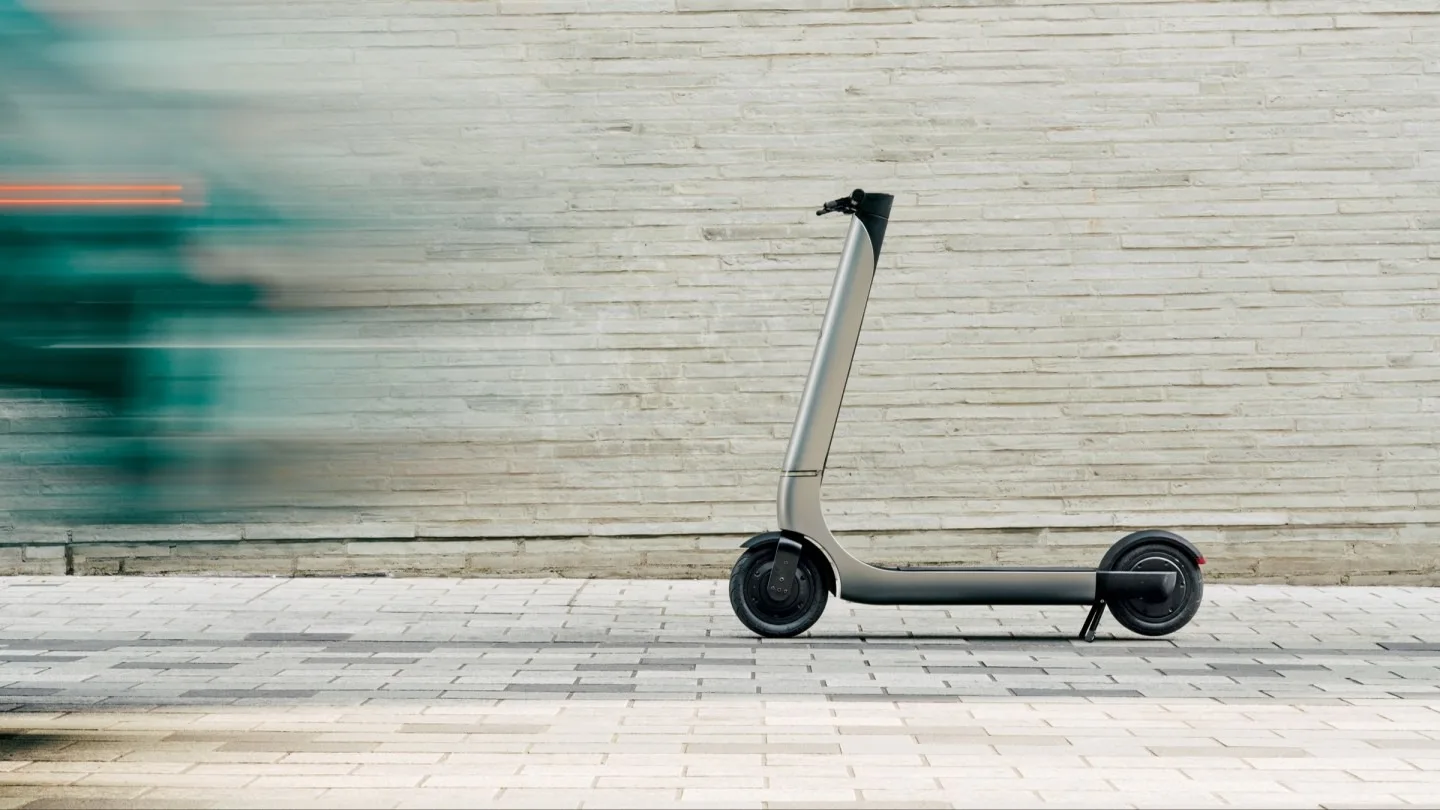Starting tomorrow, e-scooters will no longer be allowed on public transport in Ireland. The decision was made by the National Transport Authority (NTA) due to concerns about the batteries used in e-scooters potentially catching fire. These batteries, known as lithium-ion batteries, can sometimes overheat or develop internal faults, which may lead to combustion.
In a statement, the NTA explained that public transport operators across the country, including buses and trains, will enforce the ban. This rule applies even to foldable e-scooters. However, it does not affect e-bikes or mobility scooters, which will still be allowed. The NTA clarified that these types of vehicles have been regulated for a longer period and their batteries do not pose the same level of risk.
Safety Concerns and International Incidents
One of the main concerns about e-scooters is the position of their batteries, which are located on the platform and more vulnerable to damage. This, combined with their relatively recent introduction to the market in Ireland, raises safety concerns. The NTA noted that fires involving e-scooters have already occurred on public transport systems in cities like Madrid and Barcelona. Similar bans are already in place in several European cities such as Berlin, Barcelona, and across the UK.
The ban will affect all public transport services that operate under the NTA, including Dublin Bus, Bus Éireann, Iarnród Éireann, Luas, and other regional services. It will be up to individual transport operators to enforce the ban, but the NTA will periodically review the policy.
Union Support and Industry Reactions
The National Bus and Rail Union (NBRU) has welcomed the decision, emphasizing the safety of both drivers and passengers. The union mentioned that there have been concerns about the risks posed by e-scooter batteries on public transport across Europe. They also pointed out the difficulty drivers face in managing these policies, including instructing passengers on how to store their scooters and ensuring safe transport conditions.
The NBRU supports the ban as the most practical solution for safety, stating that the risk of battery combustion is too high. They explained that the large battery capacities of e-scooters make them more likely to overheat, and since it’s hard to check battery capacities on public transport, banning them altogether is the safest option.
However, not everyone agrees with the ban. The Dublin Commuter Coalition has expressed concerns that the ban could force more people to drive, as many commuters have been using e-scooters as a way to travel the “last mile” between public transport stops and their destinations. They urged the NTA to reconsider the decision and work with experts to find a solution that would allow e-scooters on public transport while addressing safety concerns.
Retailer Criticism
Paddy O’Brien, co-founder of Loco Scooters, one of Ireland’s largest e-scooter retailers, criticized the ban, saying it “makes no sense.” According to O’Brien, his business has repaired nearly 10,000 scooters over the past few years, and none have been due to lithium battery fires. He acknowledged the safety concerns but argued that the fear of e-scooters spontaneously catching fire has been exaggerated.
O’Brien also questioned why e-bikes are still allowed on public transport, despite using similar batteries to e-scooters. He believes the decision to ban one but not the other is inconsistent, given that both vehicles rely on lithium-ion battery technology.
Public Opinion
At Dublin’s Connolly Station, passengers had mixed reactions to the ban. Some, like Gavin Walsh, a scooter owner, stressed the convenience that e-scooters provide for short journeys and as a way to connect with other forms of transport, like buses and trains. He argued that banning them limits options for commuters.
On the other hand, passengers like Dylan Fitzpatrick felt the ban made sense due to safety risks. He pointed out that even one e-scooter fire could cause a major incident on a train, and suggested that people consider switching to manual scooters instead.
As the ban takes effect, it remains to be seen how it will impact daily commuters and whether any changes to the policy will be made in the future.
